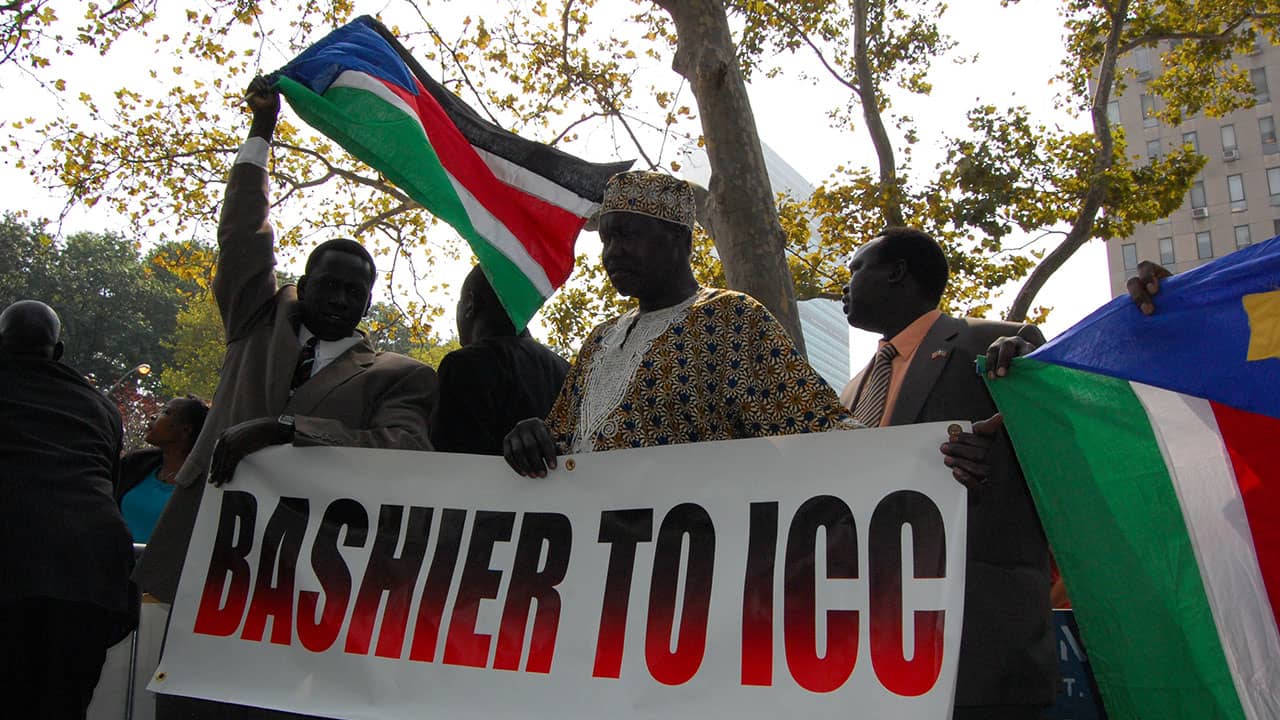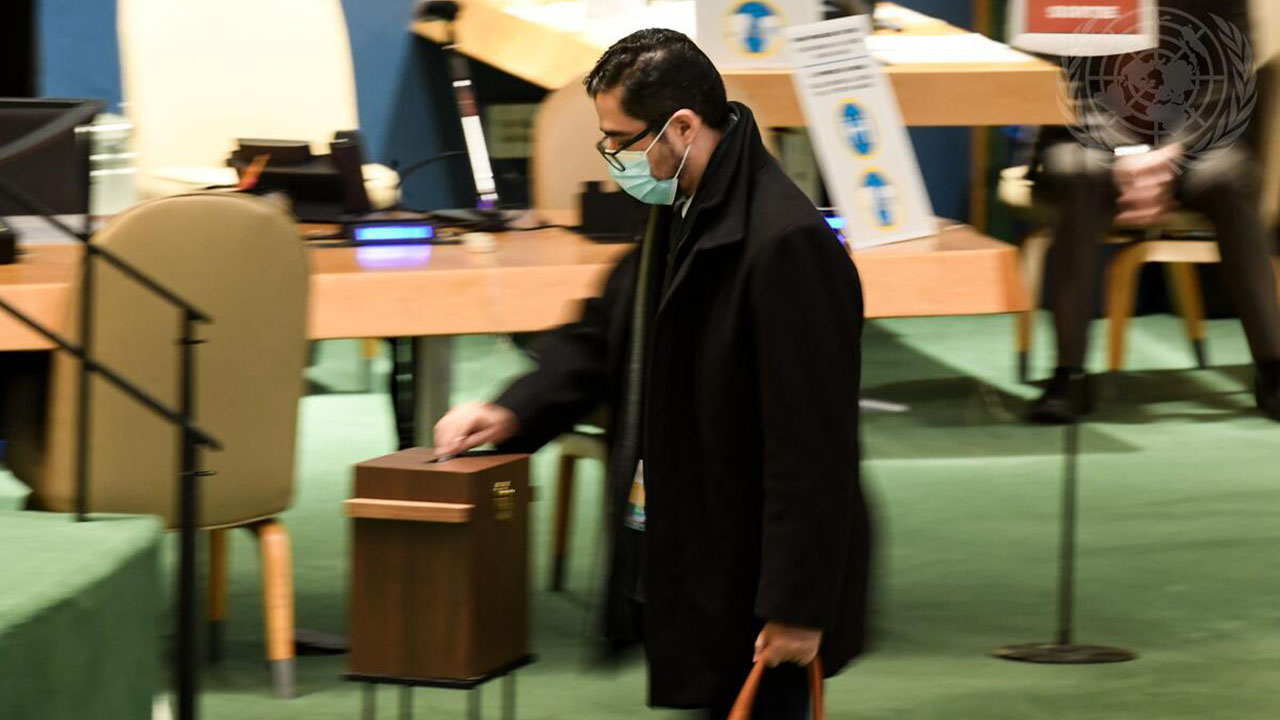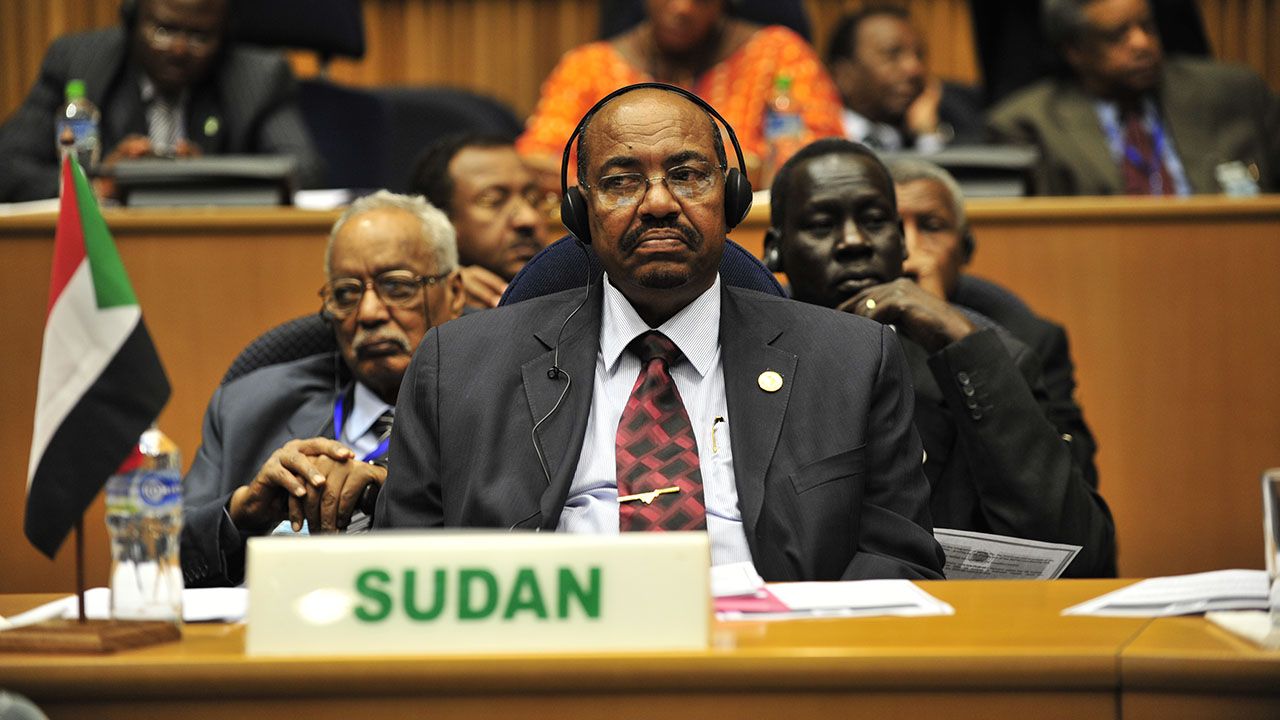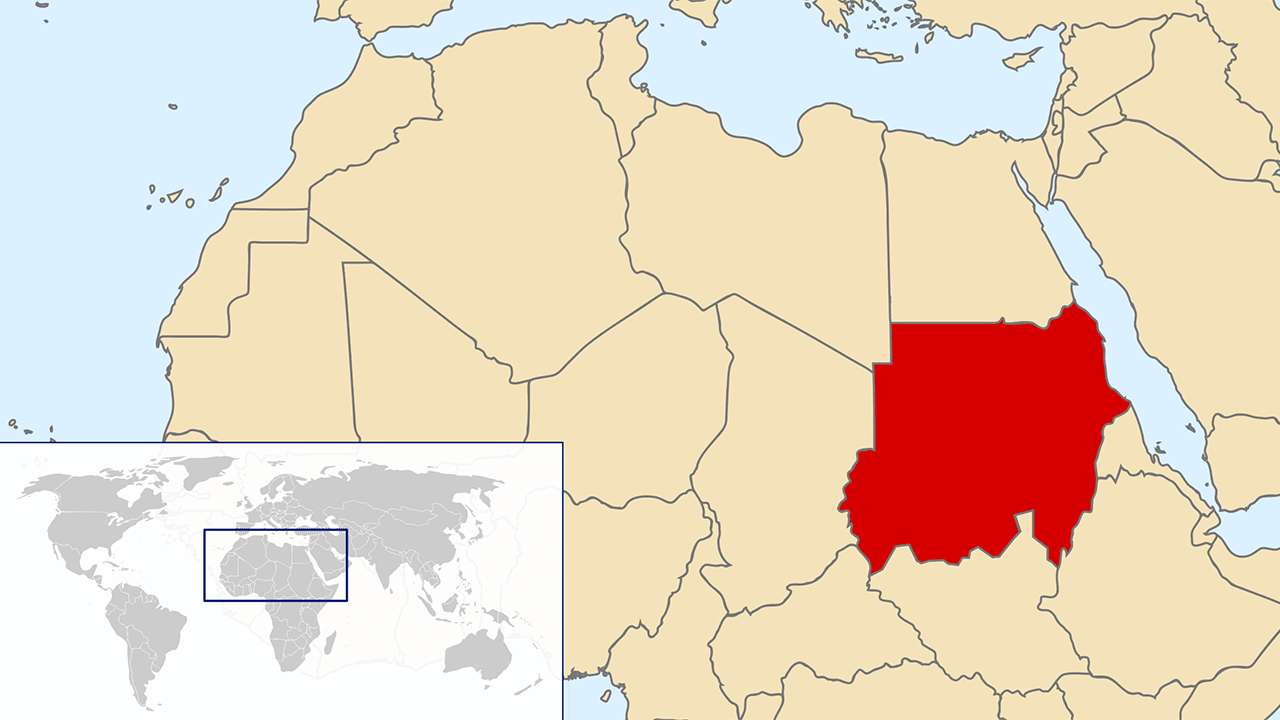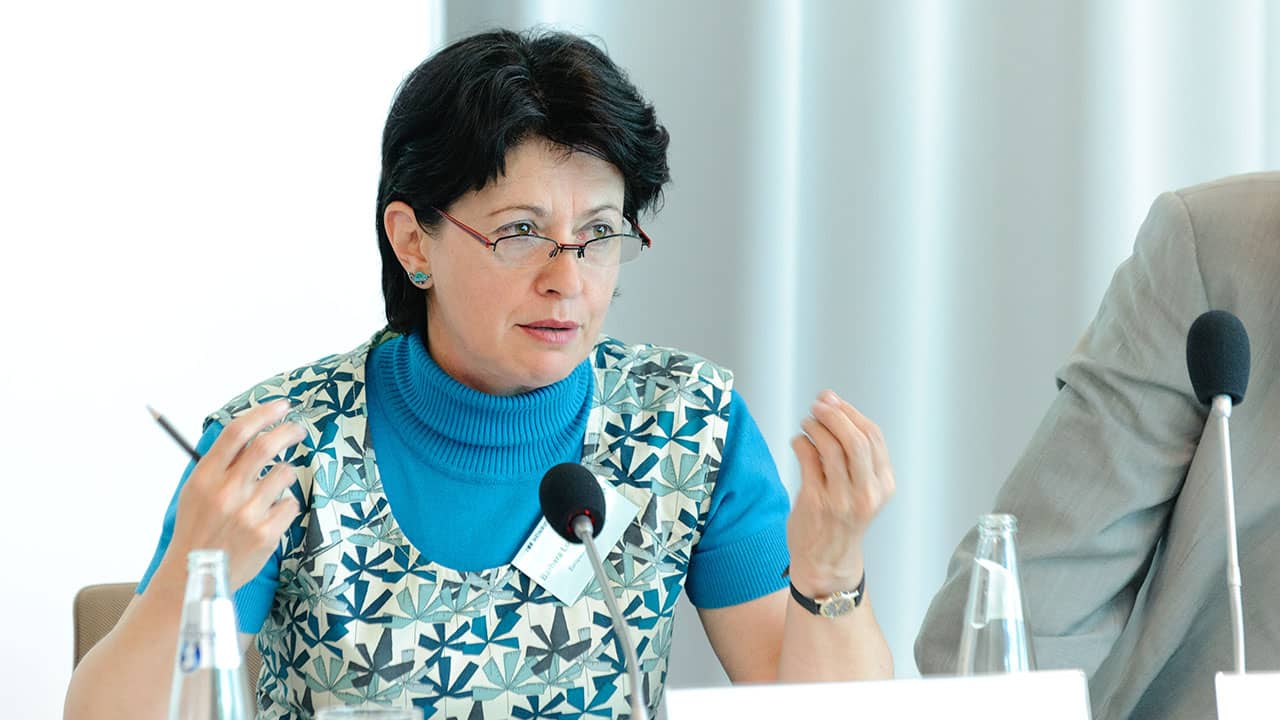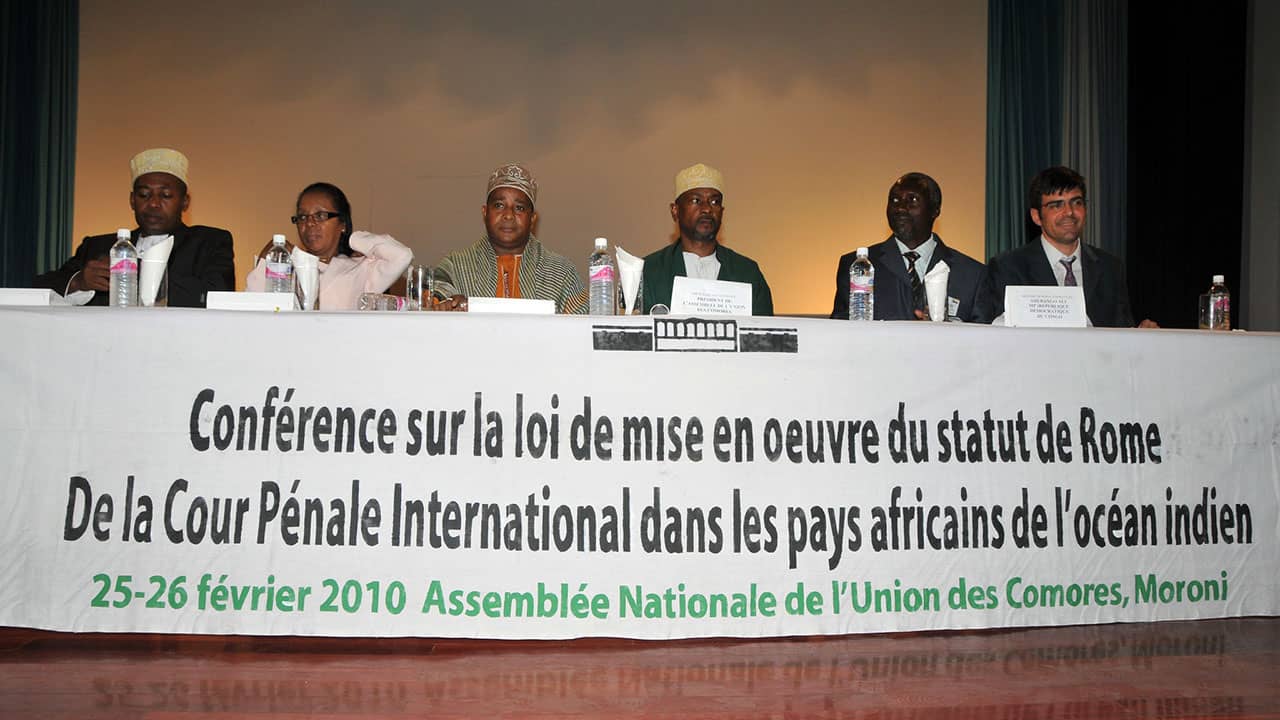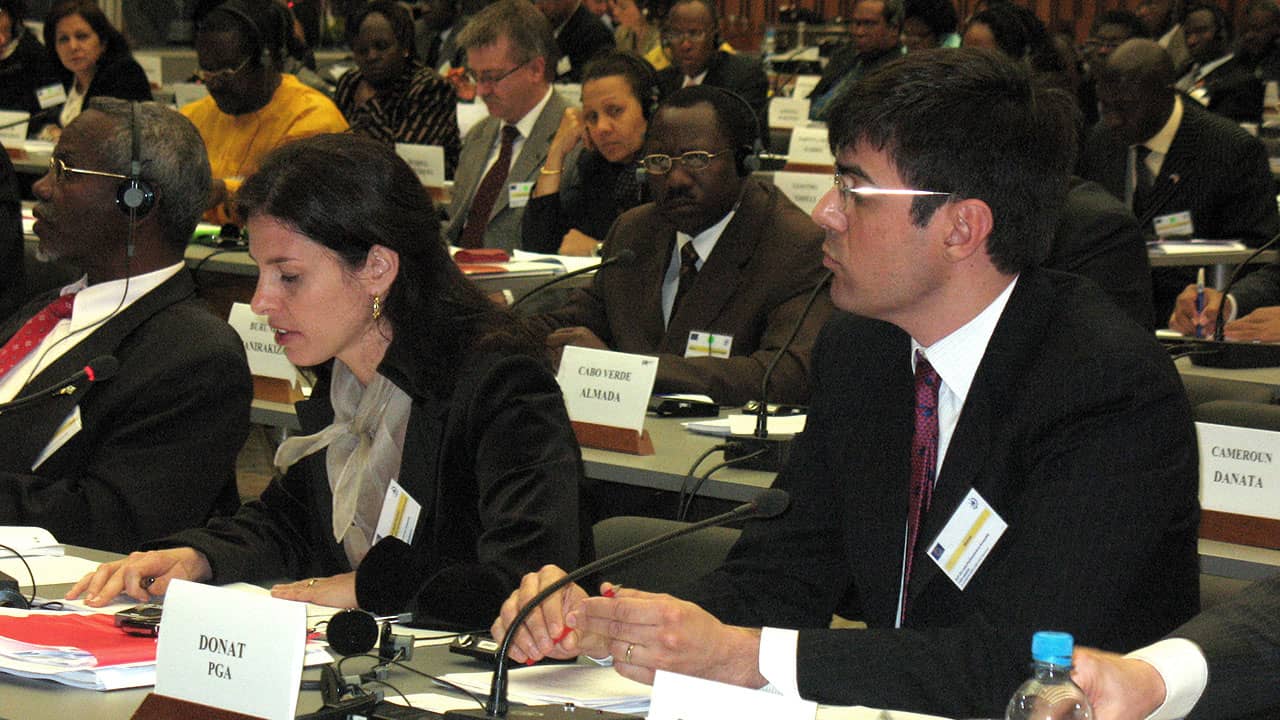Sudan signed the Rome Statute in 2000 but has not yet ratified it. As such, Sudan is not a State Party to the International Criminal Court (ICC). Despite the absence of the ratification, the ICC has jurisdiction over the situation in Darfur/Sudan because of the UN Security Council referral on 31 March 2005, in accordance with Article 13(b) of the Rome Statute. The Office of the Prosecutor opened its investigation in June 2005 for alleged genocide, war crimes and crimes against humanity committed in Darfur, Sudan since 1 July 2002 (when the Rome Statute entered into force).
There is currently one case before the ICC, that of Mr. Ali Abd-Al Rahman ("Ali Kushayb"), accused of war crimes and crimes against humanity and committed into trial on 9 June 2021. Five other suspects are at large (Mr. Ahmad Haru, Mr. Omar al-Bashir, Mr. Abdallah Banda, Mr. Abu Garda and Mr. Abdel Raheem Muhammad Hussein). For more information on the cases related to the Darfur (Sudan) situation, see here.
PGA members have been relentlessly calling for the surrender of former President al-Bashir to the ICC in The Hague (see here and here) and used events to offer a platform to victims of the atrocities committed in Darfur. PGA also welcomed the arrest of Mr. al-Bashir in Sudan after he was ousted in a military coup d'état in April 2019 and continues to support the country’s advancement towards the Rome Statute ratification.
| Signature, Ratification of/Accession to the Rome Statute of the ICC | |
|---|---|
| Signature Date: | 08 September 2000 |
| Ratification Date: | Not Ratified |
| Amendments to the Rome Statute | |
|---|---|
| Ratification of the Kampala Amendment to Article 8 of the Rome Statute on war crimes [poison and expanding bullets in NIAC] (2010): | No |
| Ratification of the Kampala Amendment to the Rome Statute on the crime of aggression reflected in Article 8 bis (2010): | No |
| Ratification of the Amendment to Article 124 of the Rome Statute (2015): | No |
| Ratification of the Amendment to Article 8 of the Rome Statute on war crimes [biological weapons] (2017): | No |
| Ratification of the Amendment to Article 8 of the Rome Statute on war crimes [blinding laser weapons] (2017): | No |
| Ratification of the Amendment to Article 8 of the Rome Statute on war crimes [non-detectable fragments] (2017): | No |
| Ratification of the Amendments to Article 8 of the Rome Statute on war crimes [starvation as a war crime in NIAC] (2019): | No |
| Adoption of implementation legislation of the Rome Statute of the ICC | |
|---|---|
| While Sudan has fully implemented the crime of genocide in The Armed Forces Act of 2007, the provisions related to war crimes and crimes against humanity are too restrictive and do not include all crimes prohibited under the Rome Statute. Except for the non-applicability of statute of limitation for core crimes, Sudan has not implemented the general principles of the Rome Statute. On 12 August 2021, the transitional government signed a Memorandum of Understanding (MoU) with the Office of the Prosecutor (OTP) to enhance cooperation on the investigation of crimes committed in the region of Darfur or by its nationals from 1 July 2002 onwards. It should also be noted that a similar MoU to enhance cooperation between the OTP and the Sudanese transitional government for the trial of Mr. Abd-Al-Rahman was also previously signed in February 2021. |
|
| Cooperation Agreements | |
|---|---|
| Ratification of Agreement on Privileges and Immunities of the Court (APIC): | No. |
| Signature of Agreement of Enforcement Sentences with the ICC: | No. |
| Signature of Agreement of Interim and Final Release with the ICC: | No. |
| Signature of Bilateral Immunity Agreement with the USA: | No. |



